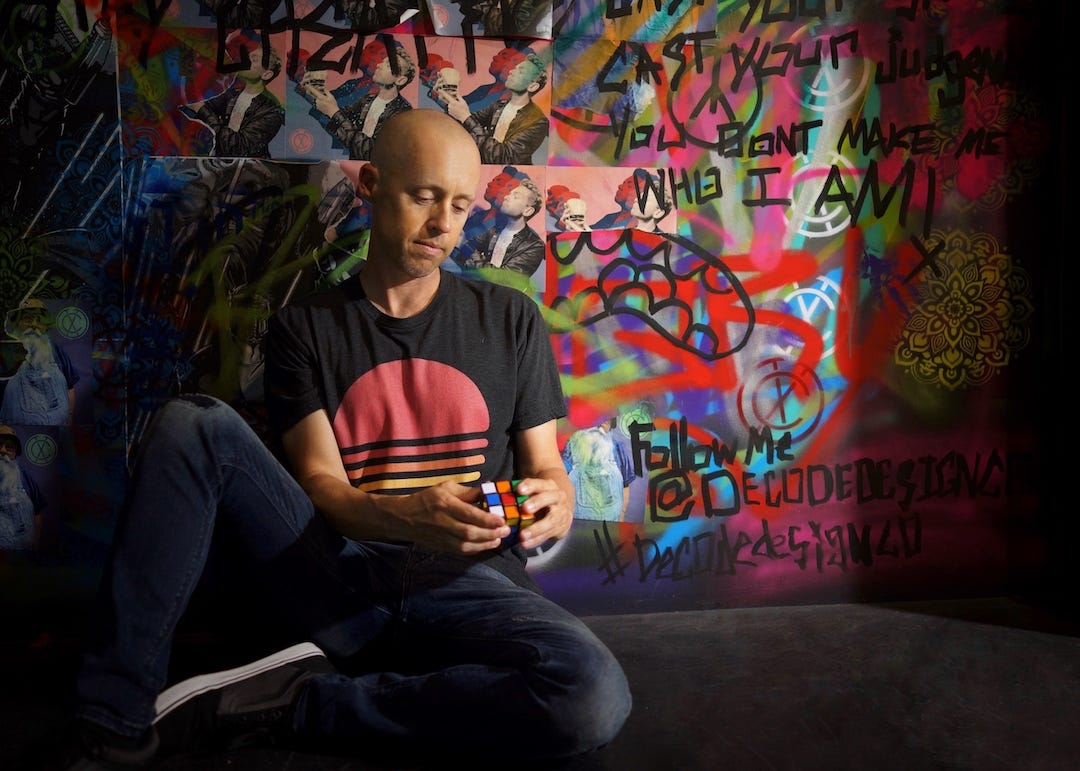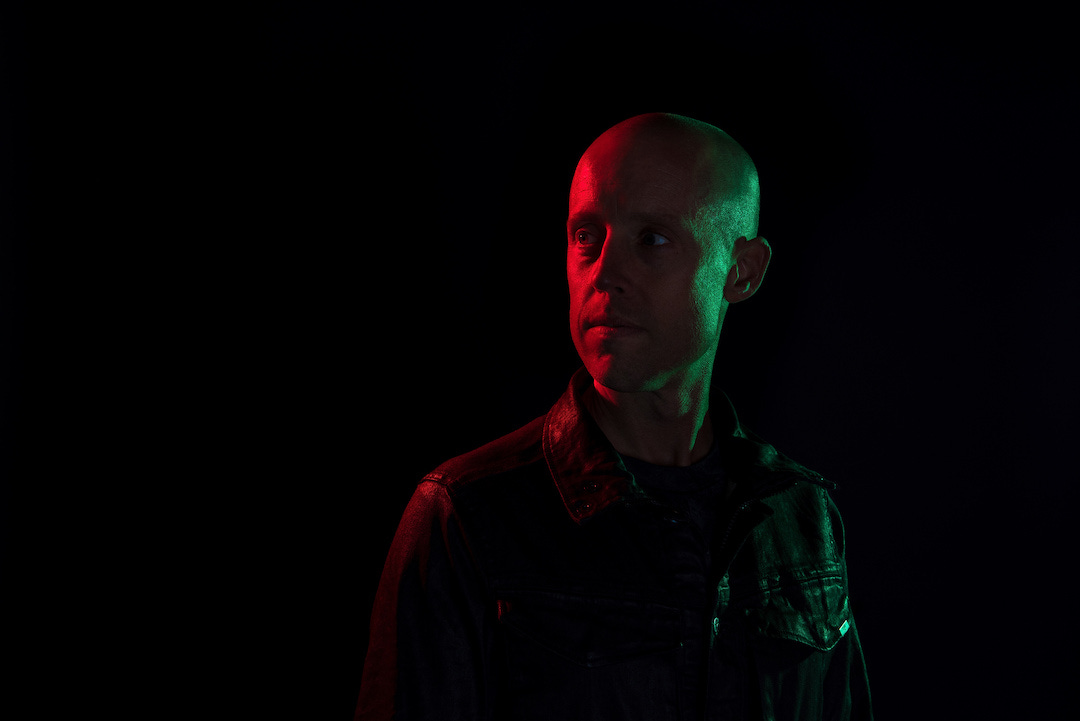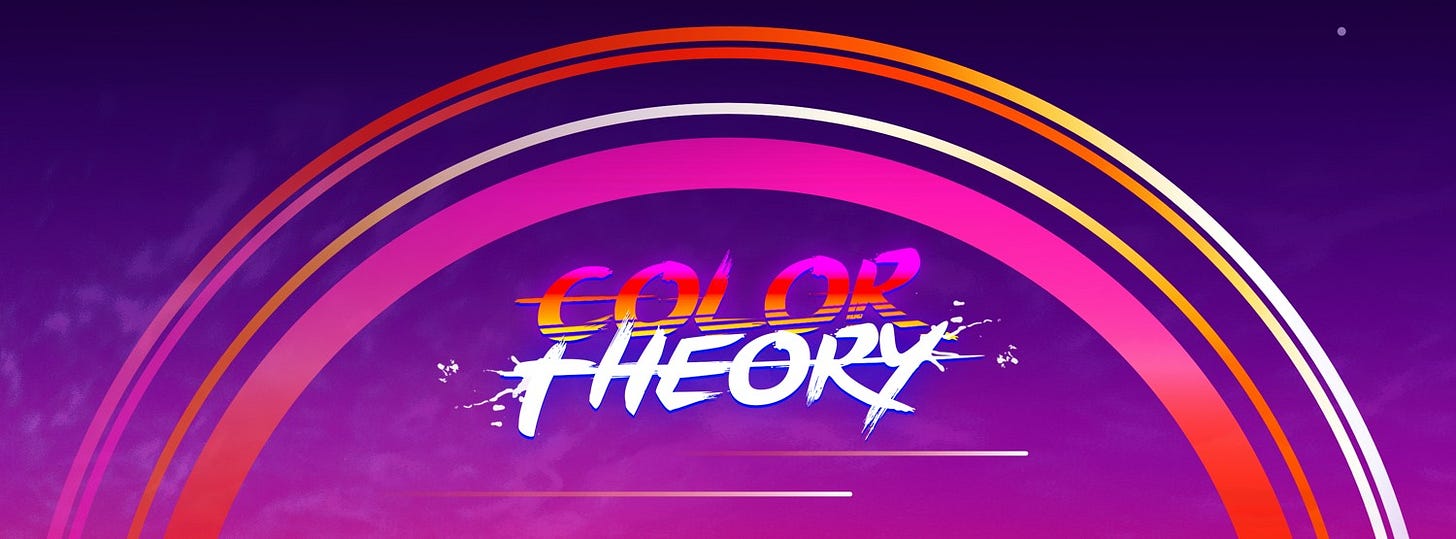Music Promotion: The Do-It-Yourself Way Explained In Detail
Brian Hazard, the artist behind Color Theory, guides us through all the steps and stages an independent artist should follow in order to achieve success.

Photo by Eugen Str on Unsplash
Gone are the days when record labels were in control of any distribution channel you can think of. We are now sliding on the opposite side, a DIY culture colored in egotistic tones where artists, regardless the art form, are pushed to do everything on their own, in order to literally survive. Social media manager, digital marketing expert, graphic designer (sometimes), mixing engineer and sometimes therapist. Is there anything to add to this list? Oh, yes, artist! Suffocated by all the other side jobs you need to attend in order to achieve a certain level of popularity. Forced to go into creation mode even if inspiration is lost somewhere between an instagram story and an email to the merch company you’re working with.
You know the story better than we do. Yet, there is hope! And this hope comes in all sorts of services that put machine learning apps, AI, online apps or collaborative services to work. All these are aiming to make life easier for musicians.

Brian Hazard, the guy behind the Color Theory synthwave project, has taken some of the most important music promo services for a test drive. Nothing new, right? Yet the nicest thing about it is that Brian shared his results in a very easy to follow manner on his website, www.passivepromotion.com and also on various music related subreddits. Honest reviews, real budgets and real results proved to be a huge helping hand for other independent artists who are struggling to reach a wider and hopefully loyal audience. From ToneDen to SubmitHub, from growing playlists with Instagram Stories ads to buying Soundcloud followers, Brian has tried almost everything. He was kind enough to share his routine of promoting new releases, as well as some tips and tricks from his 25+ years career as an independent musician. Be sure to check his music, even if you’re not into the retro feel of dusty synths and pads.
Tell us more about the Color Theory project. When did you start it? How did you turn yourself into a self taught digital marketeer to promote your music?
Turns out, I’m old. My first album came out in 1994. I’ve never been on a label, so I’ve always been doing my best to figure this stuff out on my own.
Do you have any professional background in digital marketing?
No.
Do you think you could work with other artists for promoting their music or is it only with your music?
If I were to wake up one morning with debilitating tinnitus, I’m sure I could pivot to full-time marketer within a week. To start a label might take two.
People often email me out of the blue asking what I charge to promote their new release. Occasionally I’ll do consulting on an hourly basis, but for now I’d rather focus on my own music.
40K songs released every day on Spotify, and everybody is trying to get some attention in the already crowded digital world. Where will all this heading to? Are we at a turning point with all these huge amount of music and the fans having a limited amount of listening time?
I wonder if people are actually listening more but paying less attention. With smart devices in every room of the house and Airpods becoming permanent aural fixtures, I don’t foresee listening time decreasing anytime soon. But to analyze the lyrics, to familiarize oneself with a band’s entire discography, or to curate a collection of favorite songs? Who has the time?
Guide us quickly through your routine of releasing a new track.
It’s always a work in progress, but I have a list I’d be happy to copy/paste! It would be longer than the rest of the interview, but my keyboard is standing by.
Here are the broad strokes:
— Double-check the mix and master, render an instrumental, archive the project, submit to distribution
— Two weeks before release: make a Smart Link for presaves, private upload to SoundCloud + YouTube + Bandcamp
— 1-2 weeks: pitch to blogs, YouTube channels, radio shows, podcasts, and on SubmitHub
— One week: announce presave
— Night before (as soon as it goes live on Spotify): compose and schedule email blast, update Smart Link, update Spotify bio, add to my playlists, set SoundCloud + YouTube + Bandcamp public
— Day of: announce on socials, pitch to Spotify playlists
— Following Tue: “have you heard” follow-up email, Bandcamp announcement
— Two weeks after: tweet Bandcamp download codes
That doesn’t include any specific promotion I might be doing, depending on the release.

Is there a single most important element you need to achieve in order to make it on Spotify’s editorial playlists?
I wouldn’t know. I’ve never been added to one.
Is it crucial for an artist to have a strong presence in social media?
It really depends on the artist. For some, it could be their primary means of promotion. Personally, I do as little as I feel I can get away with.
You are a talented artist with a small promo budget and right at the start of your career. How would you invest it?
Assuming I already have at least one amazing song released, I’d start building an audience on Facebook and/or Instagram by investing a few dollars a day in ads.
Playlist pitching: from what we’ve tested so far, it does bring some streams, but with a low retention rate. How much effort does it worth to put in playlist pitching?
I think it’s wise to at least get up to a few thousand monthly listeners, or potential fans may not give you a chance. There’s no reason not push each release through SubmitHub at the very least.
I’ve been more focused on building my own playlist, which generates legitimate streams from real listeners, unlike what you’ll get from many playlist promo companies.

In your opinion, how much is music quality, how much is luck and how much is promo effort, in order to achieve success?
Both are required. Occasionally great music gets recognized without promotion, or terrible music succeeds through great promotion, but neither is sustainable.
Giving the current situation, as artists cannot perform live, can you still make a living as an independent musician?
I don’t perform anyway, so it really doesn’t affect me. I’ve heard plenty of livestreaming success stories!
Does the concept of a record label still make any sense in 2020, with all the digital tools at hand for virtually any artist?
Labels with a distinct identity and brand personality are as relevant as ever, but there’s no substitute for artists maintaining their own social media presence.
The best piece of advice you received in all your career to date :)
I saved this little nugget from MIXERMAN to help me get past my perfectionism:
“The fact of the matter is, you can only spend so much time on a piece of art before it’s dead. And believe me, you can kill art with love.”


I will follow your steps for music promotion. Your post is valuable for me.